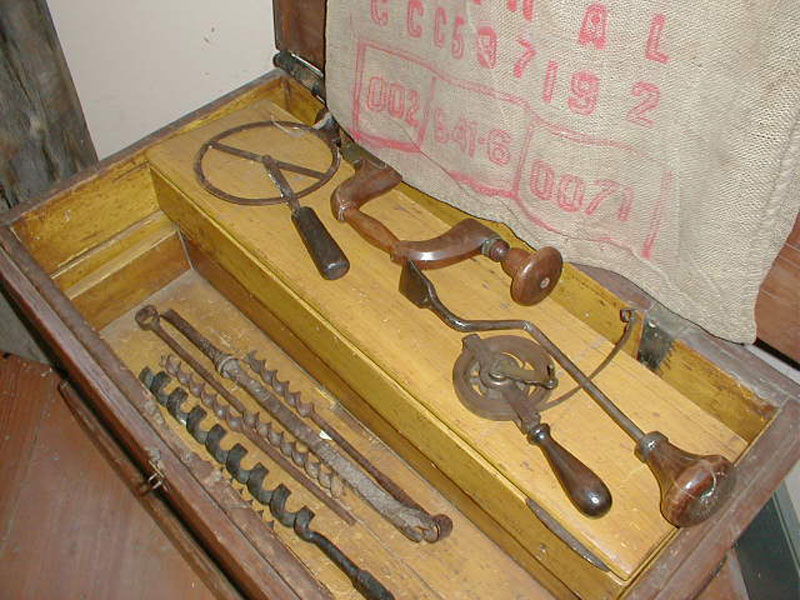You don’t have to be totally devoted to foreign language learning to see its value. And you don’t need to be always convinced by appeals to life-changing, horizon-expanding power of learning a new language. Today’s blog post is for those who appreciate language for one thing only: getting things done. Because – like so many things – it’s worth doing well.
Inspiration: Noam Chomsky
The text for today – below (or click here to watch on YouTube):
[youtube id=”zKroLhUFhGU” width=”600″ height=”350″]
It’s a brief comment, almost in passing, but for me it’s powerful and sinister at the same time. Chomsky has the right to be cynical about the way language is used to deceive, misinform and obfuscate (love that word!) – but he’s also quick to notice the generative, inspiring and productive force of language.
Not that you need persuading. You took your French lessons to find your way around the honeymoon trip. You crammed German business vocabulary to stop hating your business trips. And you probably have your Japanese flashcards somewhere – on the back burner – to go back to that business project that just needs more time. Whichever it is – you’re working on something, and language is (or tends to be) your tool. Right? Right.
So how do you go about learning language that way? How do you make sure your linguistic toolbox is up to scratch? Why, the same way you would treat a real-life, non-metaphorical toolbox. Let me explain.
1. Start with the job, *then* pick what you need
What happens when you take the wrong screwdriver to get the job done? You don’t get it done. And that’s because you didn’t take the time to look at the screws. Twice as much picking, not too productive.
You know that, right? So why did you spend your last Chinese lesson learning about global warming? Why did you agree to write a horror story for your online Italian course? If your foreign language is a source of pleasure – go on, take wrong turns, relish every strange opportunity. But if it’s a tool – it’s there to do a job.
So figure this out first: what am I going to do in my foreign language? What do I need to achieve, what should I be good at, what needs to be at least understood? Once these questions are answered, communicate this to your tutor. Focus on those relentlessly. And if you spend too much time and effort away from “the job” – steer the focus back.
This will get you what you need – even if it’s just a couple of sentences and a rudimentary understanding. The rest will flow from there.
2. Ignore the gizmos
This is connected to the previous tip. You know those super-new and uber-cool power tools that claim to get all the work done in no time? You know the ones: you buy them and use them once – and they’re bound to gather dust forever after.
Well, language learning has that too. There are methods that can guarantee success without showing up in class – without putting in the effort – in a quarter of the time – of without even being awake. There are super-pricey multi-platform learning solutions that advertise themselves as a panacea to everyone’s language learning needs.
They will feel good. And keep you busy for a while. But in the end, they will not get things done as quickly as a sure-fire method of starting with your needs. Check them out, browse around, but make sure you know where your time, money and effort really belongs.
3. Keep them sharp
The most embarrassing moment for any DIYer: discovering rust on your saw, or a flat battery in your power tool – or that you forgot how that thing actually worked. The reason it hurts so bad is twofold: you’re not able to do the job anymore, and the tools are living proof that you used to be good at doing it…!
I know that’s right. My guitar was sold on eBay when I finally realized that I can’t play anymore – even though I used to, a bit. And if it were not for the Guerrilla Challenge – I would keep forgetting a word in German as every day went by.
Don’t let that happen. Keep using your tools to do their job. And go over them carefully and patiently when they’re not in use.
4. Realize that this matters
There’s a brilliant book out there called “Zen and the Art of Motorcycle Maintenance.” I suggest you read that one over your festive break.
In a language learning world of today, it’s easy to get lost among the socially-empowered, globally-connected hyper-activity of learning. Most people seem to want to learn foreign languages to meet friends they can Skype with. If you’re just looking for a set of powerful language tools that will get your job done – it’s easy to feel left out and not as glamorous as those globe-trekking power learners.
Know this: you’re doing an awesome thing. You’ve looked at your situation and identified what you need. You’ve consciously ignored the distractions and focused on mastering the tools that are necessary. You’re now making sure that what you’ve got is in working condition – improving, maintaining and adding to your toolbox as your job grows.
And don’t tell me that’s not a reason to be proud.
Wiktor (Vic) Kostrzewski (MA, DELTA) is an author, translator, editor and project manage based in London. When he works, he thinks about languages, education, books, EdTech and teachers. When he doesn’t work, he probably trains for his next triathlon or drinks his next coffee.
BRAVE Learning (formerly known as 16 Kinds) is a lifelong learning and productivity blog. If you enjoy these posts, please check out one of my books and courses.
My recent publications, and my archive, is now all available on my new project: PUNK LEARNING. Hope to see you there!

